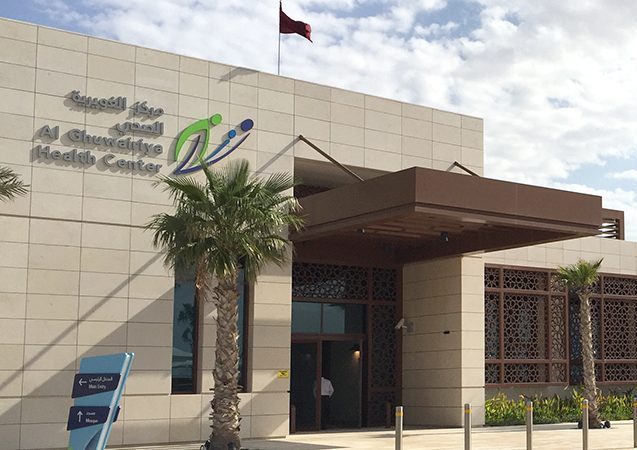Experts explain why awareness of the detrimental effects of post-Ramadan sleep disruptions is key.
Following Ramadan, many individuals encounter sleep disruptions due to difficulties in re-adjusting to an early sleep schedule from the nocturnal Ramadan nights, posing health risks and causing detrimental physical, mental, and social consequences, Qatar’s Primary Health Care Corporation (PHCC) has warned.
The release of the melatonin hormone, vital for night-time sleep, is intricately tied to darkness and light exposure, increasing in darkness and decreasing in daylight.
Staying awake into the night and cutting back on sleep hours disrupts melatonin release, leading to adverse effects on the body’s circadian rhythm, temperature regulation, fluid balance, and hunger signals.
The manager of the Umm Salal Health Center and Senior Family Consultant at PHCC Dr Naela Darwish Saad spotlighted the physiological implications of continuing this lack of night-time sleep.
She explained that inadequate sleep detrimentally impacts one’s performance in professional or educational settings.
This can manifest as reduced productivity, ineffectiveness, and increased likelihood of errors.
Staying awake into the late hours exacerbates issues with focus, memory, and decision-making, potentially leading to confusion, difficulty comprehending information, and learning challenges.
Late nights also contribute to diminished concentration, elevating the risk of errors and accidental incidents.
Insufficient sleep following Ramadan can have adverse mental and neurological effects, contributing to increased sleep-related problems such as insomnia, persistent fatigue, heightened stress, memory lapses, and depression.
These detrimental physical consequences of late nights include an elevated risk of chronic ailments such as obesity, irregular blood sugar levels, hypertension, various cardiovascular conditions, and strokes.
It can also compromise immune function, heightening susceptibility to illnesses and infections, the expert warned.
Dr Naela further noted that staying up late can trigger a range of skin issues, including sagging, puffiness, redness, the emergence of dark circles under the eyes, a lacklustre complexion, and changes in skin tone.
Adequate sleep plays a role in reducing cortisol hormone production, as elevated cortisol levels can have deleterious effects on skin collagen and proteins, leading to collagen breakdown, wrinkles, and premature ageing.
The aftermath of sleep deprivation is not just limited to mental and physical health, as it also rather extends to social realms.
Dr Naela warned that continuous late nights can lead to social isolation and strained relationships, affecting individual personalities and family dynamics.
To combat these issues, she stressed the importance of post-Ramadan self-care. Establishing consistent sleep schedules, ensuring adequate sleep duration (6-9 hours), and creating a conducive sleep environment are crucial steps in this direction.
Avoiding stimulants like caffeine before bedtime, limiting screen time, and incorporating regular exercise into daily routines can also promote healthier sleep habits.







